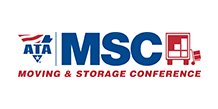How to Learn About a New City Before Moving
Moving to a new city before you take the time to learn anything can be a risky gamble. Whichever new city or town you’re considering moving to, it’s best to learn as much as possible before you arrive there. In this short guide, we’ll discuss a few different ways to research a city before moving […]













